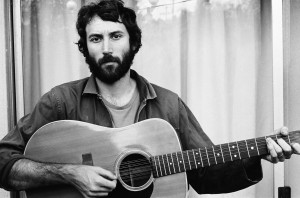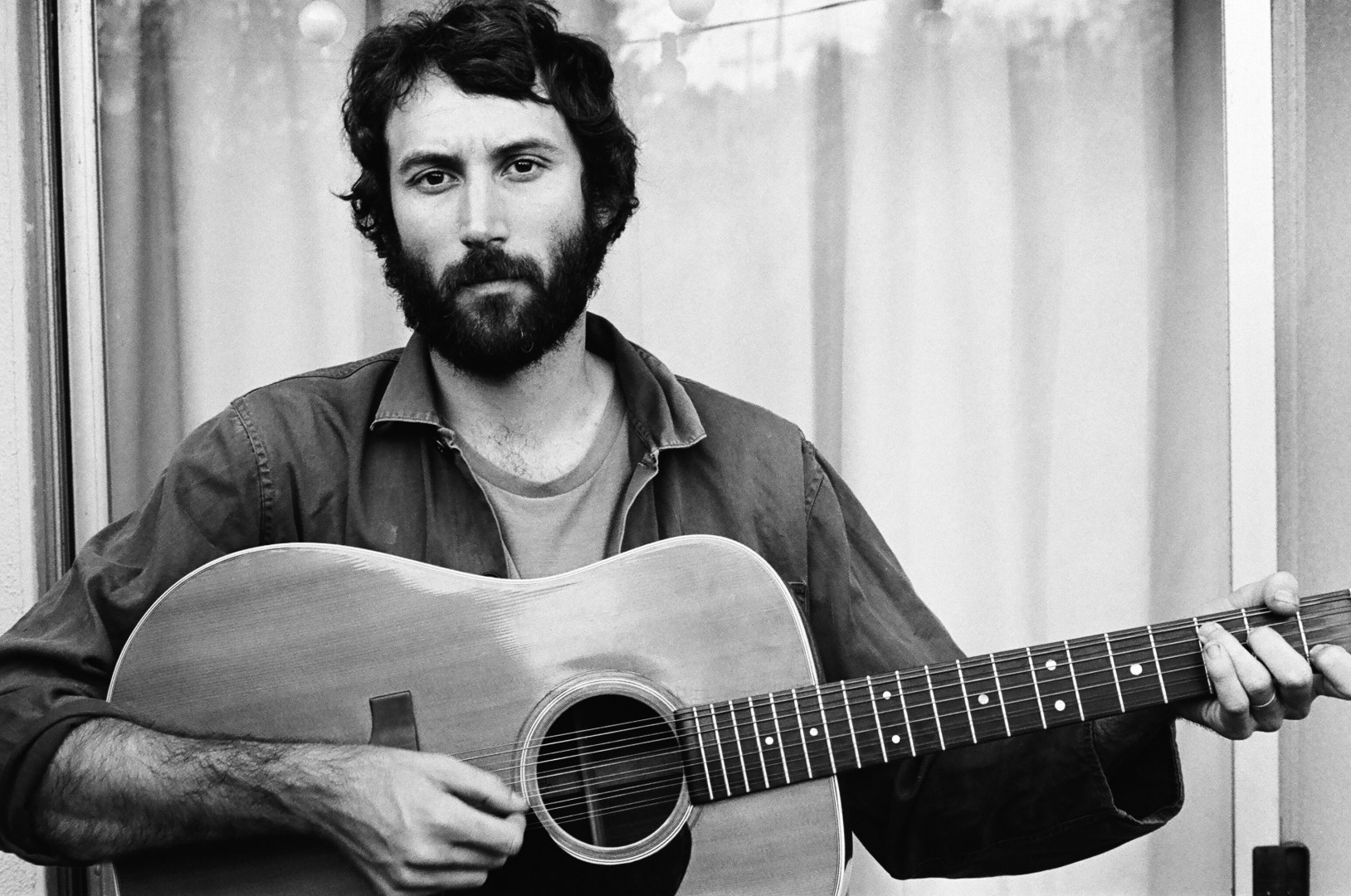
Great debut albums pose a tricky proposition. Too often, they seem to put an undue amount of pressure on the artist for subsequent releases, with the dreaded “sophomore slump” being a regular plague two or three years down the line. For a while, indie folk-pop artist Matt Costa seemed to have been a victim of this trap, with a great debut album, an unfortunately underwhelming second effort, and the dreaded “experimental” third record, which all but seemed to cement the singer’s steady decline.
Three years later, though, Costa has retooled and released a fourth record that some were unsure would ever come, an appropriately self-titled album that feels very much like the work of an artist reborn. Though it lacks the infectious immediacy of his debut, Matt Costa is a mature, charming and concise album that might just be the singer’s best work to date.
Even at his pop-rock best, Costa has always been an artist with folk leanings, and Matt Costa is without a doubt his most unabashedly folksy record yet. On tracks like “Laura Lee,” “Silver Sea” or “Ophelia,” one can hear the singer tapping into the time-honored folk tradition of telling a story, with well-defined characters and events made vivid in the mind’s eye by Costa’s eloquent phrasing and inviting, boyish tenor. Costa went to Scotland to record the record with famed Glaswegian producer Tony Doogan, and the European influence subtly pervades much of the album – at times, it’s hard to believe Costa used to spend his time skateboarding down the Pacific coast rather than tending to a flock of sheep on the Scottish plain.
Although the record’s got a clear “folkus” and barely lasts over thirty minutes, you’ll be impressed by the level of variety Costa manages to squeeze into the album. On tracks like “Shotgun” or the warm, driving opener “Loving You,” Costa sounds more ‘60s rock-n-roller than Scottish shepherd, while on “Early November” you hear the singer even branch out into Latin rock. “Good Times,” on the other hand, is a glorious and ironic bit of Americana that sounds straight out of Bourbon Street. Most importantly, though, these excursions never feel ill advised or superfluous – it’s clear that even for the subtlest of forays, Costa has studied these genres enough to be masterful in his use of their conventions.
The wide array of instruments utilized throughout Costa is also an enjoyable feature, with banjo (“Silver Sea”), harmonica (“Ophelia”) and organ (“Good Times”) used occasionally to complement the traditional blend of guitar, drums and bass that form the record’s backbone. Costa changes directions just enough to always keep you on your toes, but still manages to create a cohesive sonic atmosphere (and Doogan certainly deserves some of the credit for that).
Perhaps the record’s most unique feature, however, is its rather ample use of strings and horns. Most of the time, bands will bring in a string or horn section just to highlight a specific moment or a single song, and this can often feel rather tacked-on. As the warm string intro of “Loving You” suggests, though, these often-auxiliary elements play a significant role in each of these tracks, providing a lush, warm background that feels truly integrated with the more traditional guitar-based arrangements.
As a result, the record sounds fabulous from start to finish, and maybe most important of all, the songwriting matches this rather high standard. On the album, Costa has written a healthy mix of radio-ready pop tunes (“Loving You,” “Good Times,” “Shotgun”) alongside some more tender, atmospheric ballads (“Eyes for You,” “Silver Sea”). Though not necessarily a prodigious lyricist, Costa still manages to construct enough clever turns of phrase (“People walking around, they’re just gambling fools / Place your bets and pay off your dues”) or vivid imagery (“There are the strangest creatures waiting just on the shores / Some walk on the longest legs on the deep ocean floors”) to keep you hanging on each of his lines. He’s a gifted vocalist, for sure, but his lyrics suggest he’s certainly more than just a pretty voice.
Is there any downside to the record? It probably depends on whom you ask. Listeners who enjoy Costa’s more upbeat side may wish he’d dropped one or two of the acoustic ballads in lieu of something with a bit more oomph, and the record’s probably a bit too restrained to really blow you away with a single listen. But these are minor trifles in face of the eloquent songwriting, diverse instrumentation and gorgeous sonic aesthetic Costa & Co. have crafted on this album. Well worth repeated listens, Matt Costa’s newest record places him in the indie-folk ranks of Sufjan Stevens, Andrew Bird or Edward Sharpe, and with it, Costa has triumphantly turned what was once a sophomore slump into a senior success.











